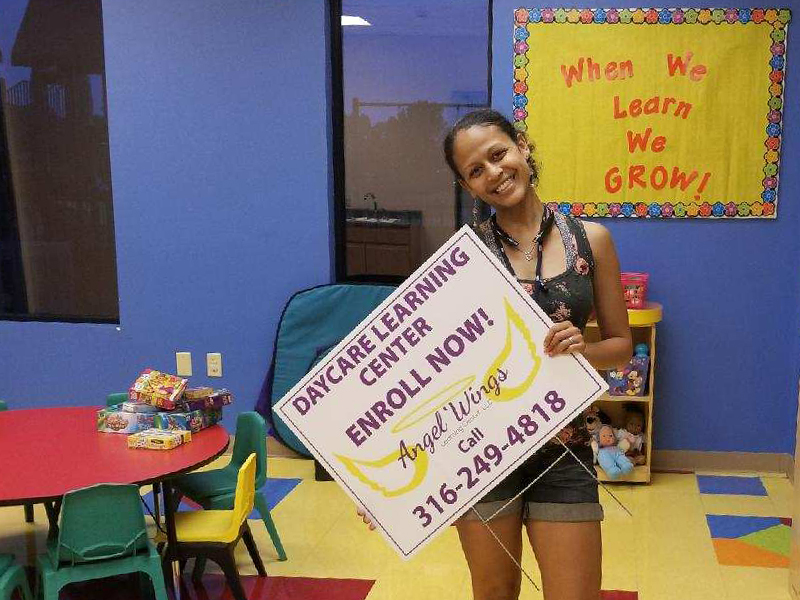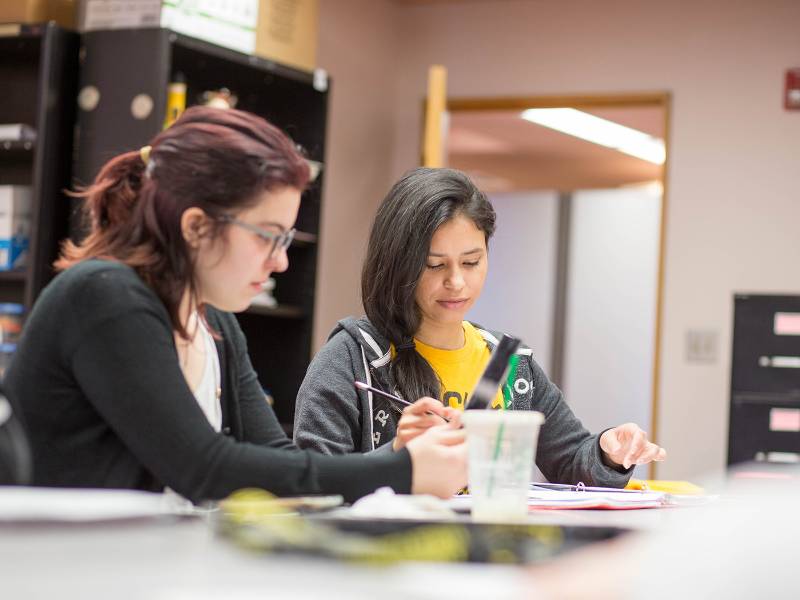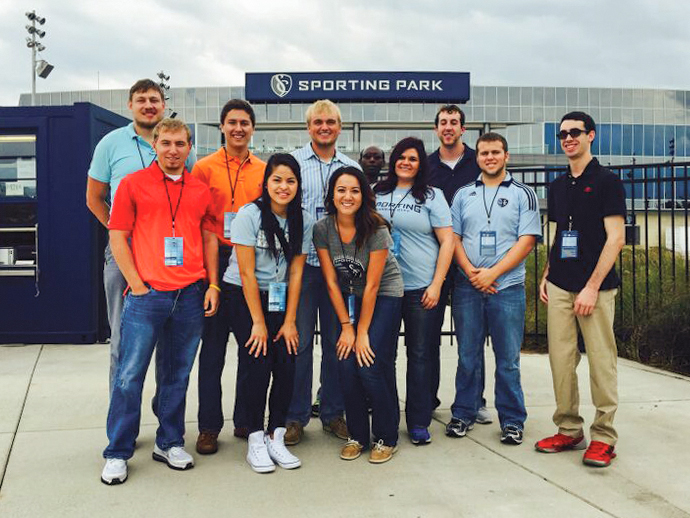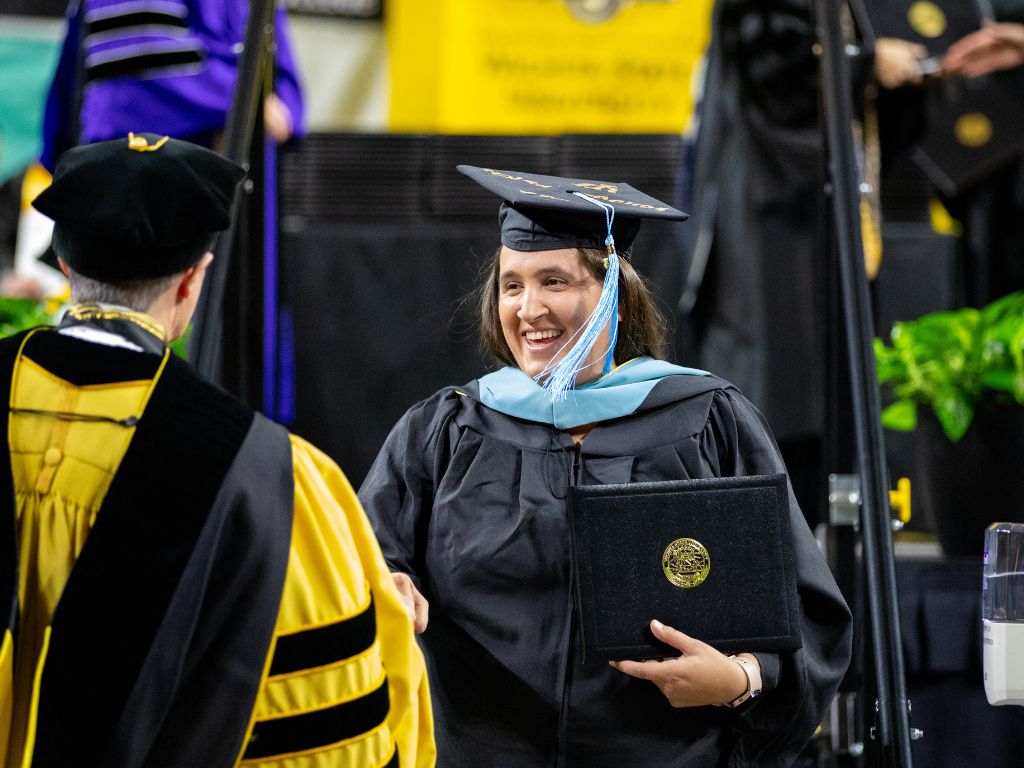
When it comes to producing qualified educators, athletic trainers, exercise scientists and sport management professionals—nobody offers more than Wichita State's College of Education. We combine nationally accredited programs, exclusive scholarships and unmatched applied learning opportunities to give our students everything they need to build bright futures.
Your dream career in education, leadership, counseling, athletic training, exercise science or sport management starts with one of our fully accredited, quality degree programs.
THE COLLEGE TOUR
The College of Education at Wichita State University, formerly known as the College of Applied Studies, prepares students for impactful careers. With cutting-edge programs in education, human performance studies and sport leadership, CED is shaping the next generation of leaders.
The College of Education features five departments with degree offerings that touch all aspects of Pre K-12 education, educational administration, sport management, athletic training and exercise science.

The Counseling, Educational Leadership, Educational and School Psychology (CLES) Department offers graduate degrees and certificates for those seeking to advance their careers in the field of education.

The School of Teaching and Learning at Wichita State University offers undergraduate and graduate programs for those pursuing or continuing their professional development in teaching and instructional design.

The Department of Human Performance Studies at Wichita State University prepares students for careers in athletic training, exercise science and physical education.

Wichita State University's Sport and Leadership Studies program prepares undergraduate and graduate students for careers in the management of sport entertainment, sport participation and sporting goods organizations.

The Department of Teacher Apprenticeship Pathways, Literacy, and Special Education (TALS) at Wichita State University's College of Education offers cutting-edge programs designed to address the pressing issue of teacher shortages in Kansas.
